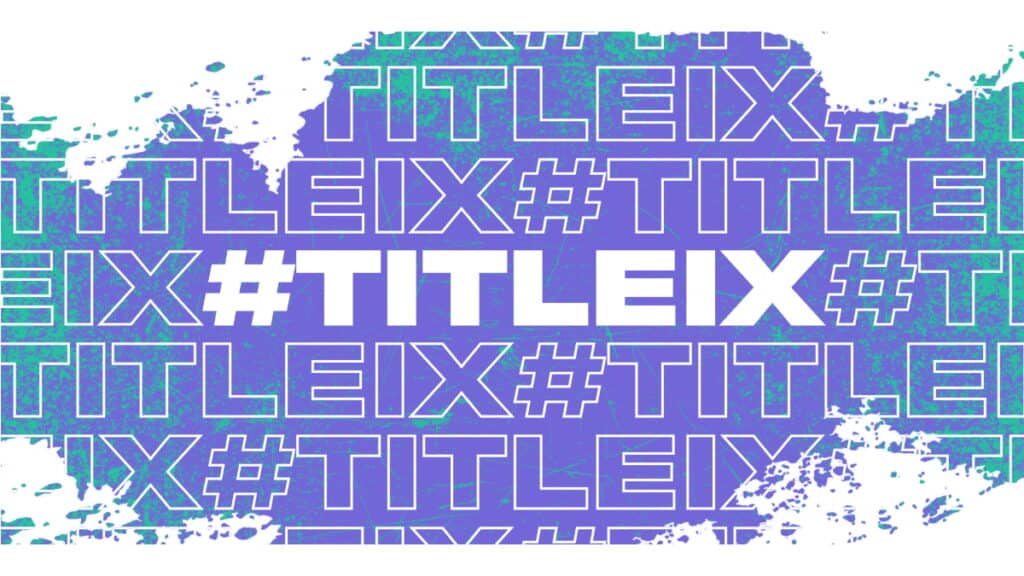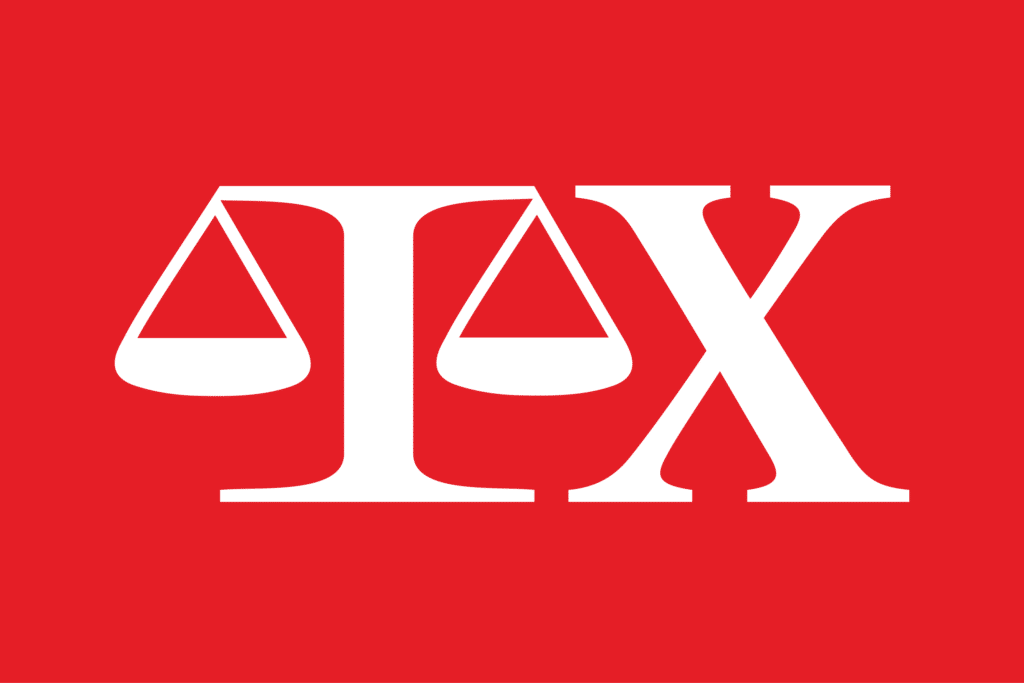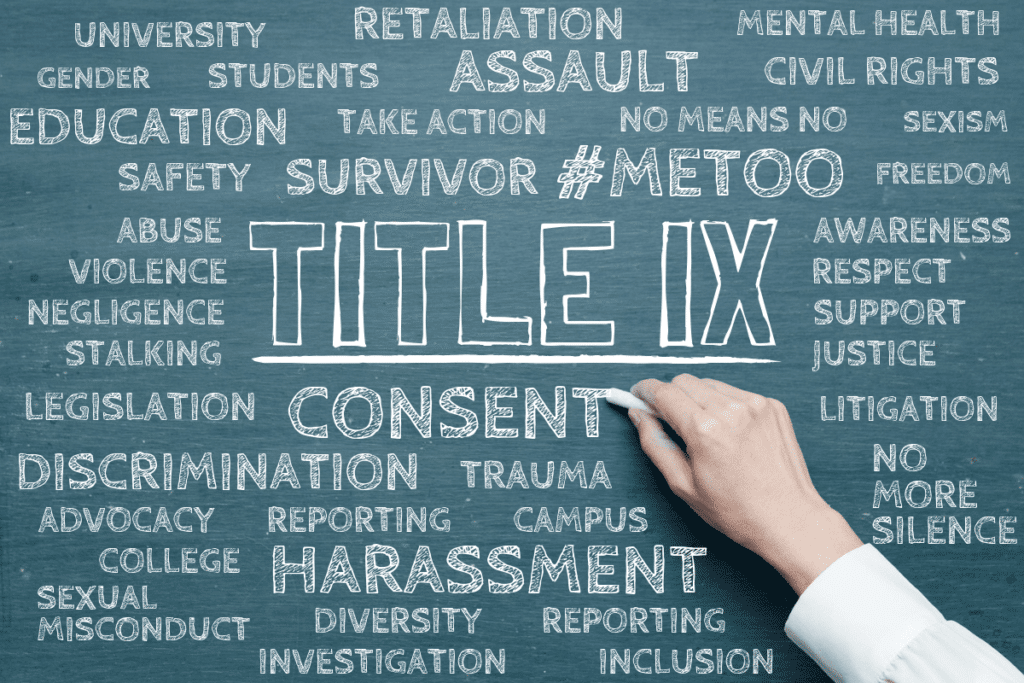Since Maine became the first state to pass workplace harassment laws in 1991, all employers with more than 15 employees have been required to provide sexual harassment training to their employees.
Harassment in the workplace is only one form of harassment though, and there is still widespread confusion about what constitutes harassment and how it differs from abuse.
Many people are also unaware of the consequences of breaching harassment laws, what you can do if you’re the victim of harassment, and what to do if you’ve been accused of harassment or abuse.
Here’s what you need to know about sexual harassment and other forms of harassment and abuse in Maine—both in the workplace and beyond.
Call 207-571-8146 or contact us online to schedule a consult with one of our highly skilled criminal defense & OUI lawyers, serving Southern Maine, today.
Table of Contents
What is harassment in Maine?
First, let’s consider the difference between harassment, as laid out in the Maine Criminal Code: Title 17-A, §506-A, and abuse. Both are considered types of harassing conduct but there are some important differences.
In Maine, harassment is defined as three or more acts of confrontation, intimidation, physical force, or the threat of physical force.
To be considered harassment, these acts must:
- Be directed against any person, business or family
- Intend to harass, torment, intimidate, or cause fear
- Cause fear, intimidation, or threaten another person
Certain acts may be considered harassment if they occur only once but violate other laws that protect civil and constitutional rights. Examples include stalking or aggravated assault.
What is abuse?
Abuse is defined as any of the following types of acts in Maine:
- Attempting to cause (or causing) bodily injury, offensive physical contact or sexual assault.
- Harassing, tormenting, or threatening another individual with the intent to place them (or placing them) in fear of bodily injury or death.
- Knowingly restricting the movement of another person without consent or lawful authority.
- Repeatedly following someone, or being near (or at) their home, school, business, or place of work, without any reasonable cause.
- Distributing certain private images of someone without their authorization.
- Sex trafficking.
If these acts are committed against another household member, family member, or dating partner, they may be considered domestic abuse in Maine.
Protection from harassment laws in Maine
If an individual in Maine claims that he/she is being harassed, an application can be made to the court for protection against the alleged harasser or abuser.
If successful, a protection order can be issued by a judge aimed at preventing further harassment or abuse—while a criminal case against the alleged perpetrator may be launched.
Depending on the circumstances, a protection from harassment or protection from abuse order may be issued by the courts. Let’s take a closer look at both…
Protection from harassment orders
Protection from harassment orders protect individuals against harassment from alleged offenders with whom there is no previous personal relationship. This can be anyone from a stalker to a work colleague.
In the workplace, it is illegal under Maine’s human rights laws to harass someone based on race, color, religion, sex, sexual orientation, disability, or certain other protected classes.
In these cases, if the accuser has no personal relationship with the alleged offender, he/she can request a protection from harassment order be issued by the court.
Protection from abuse order
To successfully apply for a protection from abuse order, the accuser must generally have a prior personal relationship with the alleged offender.
Such orders are often sought in domestic abuse cases, where a family or other household member (or dating partner) seeks protection from the court.
However, in cases involving sexual assault, stalking, sex trafficking, or distribution of private images, a protection from abuse order may be issued without a prior relationship with the alleged abuser existing.
Elderly, dependent, or incapacitated adults can also seek protection from abuse orders against unpaid care providers.
Call 207-571-8146 or contact us online to schedule a consult with one of our highly skilled criminal defense & OUI lawyers, serving Southern Maine, today.
Penalties for harassment offenses in Maine
Anyone accused of criminal harassment in Maine faces severe penalties. The severity of the penalties depends on the nature of the alleged offense.
A conviction for harassment is only possible if the accused individual continues the harassing behavior without any reasonable cause after a complaint is submitted and he/she has been warned to stop the behavior by an authorized law enforcement officer.
However, other charges may need to be defended if other allegations are made against the individual. It is not necessary for a protection order to have been issued for criminal charges to be filed against an individual accused of harassment.
Following are the three levels of crime associated with harassment in Maine:
- Class E crime: The least severe form of harassment is treated as a Class E criminal offense in Maine, which can result in up to six months in jail and a maximum fine of $1,000.
- Class D crime: The highest level of misdemeanor charge in Maine, resulting in a potential one year in jail and a maximum fine of $2,000.
- Class C crime: The lowest level of felony offense in Maine, applicable if the accused has at least two prior convictions for harassing acts against the same victim or the victim’s immediate family at the time of the complaint. The potential penalties include up to five years in prison and a maximum fine of $5,000.
Workplace harassment laws in Maine
If the harassing behavior occurs in a place of employment, it may be considered workplace harassment. This can be in the form of workplace discrimination or offensive behavior based on race, sex (including sexual orientation), disability, age, religion, whistleblower activity, or marital status.
Examples include offensive jokes, objects, or pictures, name-calling, physical assaults, and threats.
Such behaviors violate Maine policy and can be subject to criminal investigations or civil lawsuits.
Sexual harassment
Unwelcome sexual advances in the workplace are considered sexual harassment under Maine Human Rights Law.
This includes any non-consensual physical or verbal conduct and requests for sexual favors as a condition of employment. Any inappropriate touching, leering, sexual gestures, or sexually suggestive comments are also considered sexual harassment and may even constitute sexual assault.
If the harassed individual rejects the advances and suffers workplace punishments in the form of schedule changes, withdrawal of permissions, or loss of employee benefits/career advancement opportunities, a claim for sexual harassment against the employer may result.
Hostile work environment
If, as a result of harassment, the workplace becomes hostile, intimidating, offensive, or unfriendly to the individual concerned, this can also lead to a case involving harassment in the workplace.
This includes behavior beyond sexual harassment and may relate to threatening or intimidating behavior based on race, color, religion, disability, age, sexual orientation, disability, genetic pre-disposition, ancestry, or national origin—all of which are protected classes under Maine Human Rights law.
The source of the hostile work environment may be someone with authority such as management or supervisors, but can also come from coworkers or even clients.
Any individual accused of harassment should seek legal advice as soon as possible. Understanding your legal options and taking the correct next steps are critical to the outcome of your case.
For experienced legal help with any harassment charge, call The Maine Criminal Defense Group at 207-571-8146 for an initial case evaluation.
Call 207-571-8146 or contact us online to schedule a consult with one of our highly skilled criminal defense & OUI lawyers, serving Southern Maine, today.
Blog Posts

When most people think of “Title IX” they tend to focus on the role on Title IX in preventing sexual or gender-based discrimination on college and university campuses. Title IX[...]

When people refer to “Title IX,” they are referring to the provisions of Title IX within the Education Amendments of 1972 (20 U.S.C. §§ 1681 et seq.). The purpose of[...]

Being accused of sexual misconduct in an educational environment in Maine can have serious ramifications for your future. As such, any accusation must be treated seriously. Even if you are[...]

For a law passed in 1972, Title IX has been in the news a lot in recent years. As sexual assault and other sex crimes have gained more attention in[...]

Maine’s schools have a duty not only to educate our youth, but to provide a safe environment for them to study and learn in. All children are entitled to certain[...]

A slew of allegations, including claims of domestic violence assault, has become even more complex because they happened in college, where federal laws provide for an independent system to decide[...]


